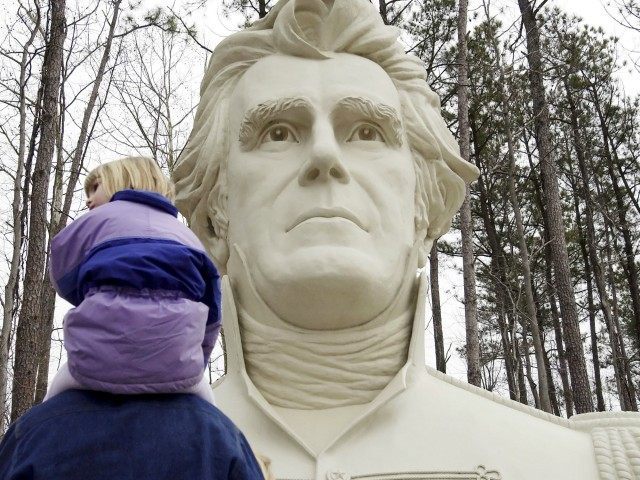This article was originally written by Jonathan Chait and posted in New York Magazine:
This is an era of rapid social change, and also of historical ferment, when Americans are rethinking not only who we are, but who we were. The post-Charleston backlash against Confederate imagery is one manifestation of this. Another concurrent one is a struggle over the historic role of Andrew Jackson. Earlier this year, feminist activists started a movement to replace the seventh president on the $20 bill with a woman. The long lead time required for the Treasury to alter paper currency has saved Jackson’s status for the time being, but a historical reconsideration is well under way. Jackson presents a more distant symbol than the Confederate flag and — except for Native Americans, whose ancestors he slaughtered — a less visceral one. Yet the fight over Jackson runs just as deep, opening questions about the nature of American politics, the purpose of the Democratic Party, and the political cast of Barack Obama’s America.
Seven years ago, as Obama methodically sewed up the Democratic Party’s nomination, the peculiar and unprecedented makeup of his voting base raised skepticism and even alarm. Minorities and college-educated whites thrilled to the young, black law professor, but working-class whites regarded him with suspicion and even hatred, continuing to vote for Hillary Clinton in overwhelming numbers even after her prospects of winning the nomination had disappeared. The conservative electoral analyst Michael Barone marveled at “Obama’s great weakness among Appalachian voters — call them Jacksonians, after their first president.” Sean Wilentz, a Princeton supporter and staunch Clinton backer, complained that Obama was “usurping the historic Democratic Party, dating back to the age of Andrew Jackson, by rejecting its historic electoral core: white workers and rural dwellers in the Middle Atlantic and border states. … Out with the Democratic Party of Jefferson, Jackson, F.D.R., Truman, Kennedy and Johnson, and in with the bright, shiny party of Obama.”
Read the rest of the article here.

COMMENTS
Please let us know if you're having issues with commenting.